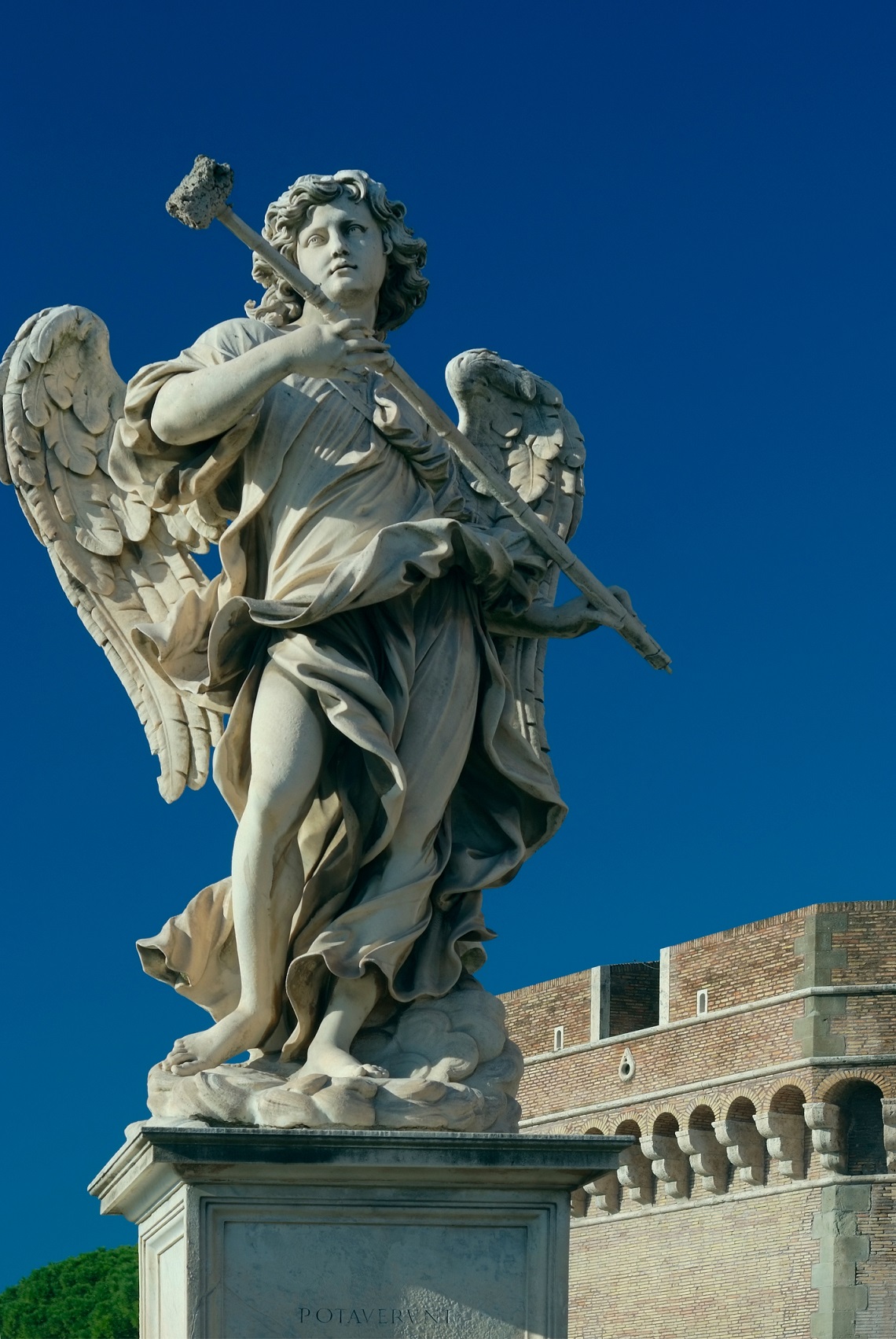New year - new resolution
Status: 10.01.25
The year 2024 is over and the first days of the new year are also over. Routine has already set in. And as is often the case at the turn of the year, the question arises as to who has actually made a resolution for the new year.
The resolutions naturally include the classics, such as walking more often or eating less sweets. We asked ourselves where the tradition of New Year's resolutions actually comes from. Why do many people resolve to change something in their lives at the turn of the year? After all, you could try to establish new habits at any time.
Where do New Year's resolutions come from?
The origin of good intentions cannot really be traced back. There is evidence that the ancient Babylonians made promises to their gods at the turn of the year. Other sources suggest that the tradition goes back to the ancient Romans, when people hoped to secure the favour of the god Janus.
Christianity is also thought to have a connection with New Year's resolutions. The time of change could have been seen as an opportunity to rethink one's life and make changes.
Many cultures have similar customs. It is therefore difficult to determine exactly where the tradition comes from.
What has changed?
In the past, resolutions were often religiously motivated. People wanted to get closer to the ideal that their religion conveyed and thus please God or the gods. Nowadays, religion no longer plays such a big role in everyday life and many resolutions are about self-improvement.
I'm sure you've heard this too or have made such resolutions yourself: Make more time for your loved ones, exercise more, eat less sweets or go to bed earlier. The list is long.
We wish you every success in achieving your goals in the new year!


